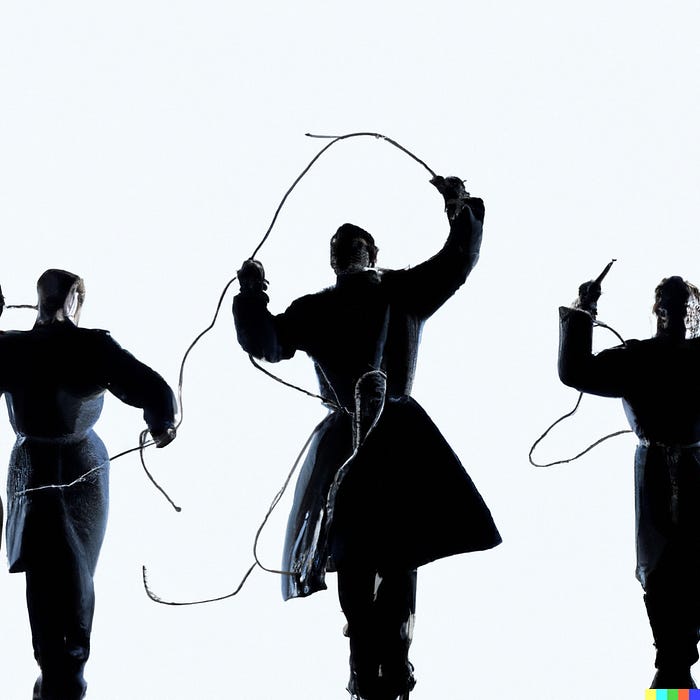The Paradox of Freedom and Unfreedom: The Language We Lack
Exploring Žižek’s Argument on the Constraints of Capitalism and Individual Agency
I recently came across an interesting argument put forth by Slavoj Žižek regarding the paradoxical nature of freedom and unfreedom. According to Žižek, we often perceive ourselves as free, but this sense of freedom is limited by our inability to articulate our own unfreedom. He shares an anecdote to illustrate his point.
In the anecdote, a man is sent to a prison colony and agrees with his friend to communicate through a code. The code stipulates that everything written in blue ink is false, and everything written in red ink is true. The man writes a letter to his friend, expressing how wonderful everything is in the prison colony, but mentions that he couldn’t find any red ink. As a result, his friend receives a letter that appears positive and content, but due to the absence of red ink, he cannot determine if it is genuinely true or false.

This story highlights the notion that our freedom is constrained by the lack of language to express our unfreedom. Žižek argues that we are kept unfree precisely by the very mechanisms that claim to grant us freedom. He draws a parallel with Friedrich Nietzsche’s concept that one can keep someone in slavery by convincing them that they are a master. In contemporary society, this can be seen in the context of late-stage capitalism, where we are told that we are the agents of our own fate and have the freedom to pursue economic success. However, the reality is that if we do not conform to the incentive structures of the market economy, we face the risk of being left without a safety net.
According to Žižek, true freedom requires participating in the market economy and conforming to its demands, even if it means sacrificing personal well-being or other aspects of a fulfilling life. This paradoxical situation leads to a stifling of our potential, preventing us from finding the language to articulate our own unfreedom. Žižek’s argument aligns with the idea put forth by Fredric Jameson that it is easier to imagine the end of the world than to imagine the end of capitalism.

In conclusion, the notion of freedom becomes complex when we consider the limitations imposed by our socio-economic structures. Our ability to participate in the market economy may give us a sense of freedom, but it simultaneously restricts our capacity to express and address our own unfreedom. This thought-provoking argument, which I encountered in my readings, sheds light on the intricate relationship between freedom, capitalism, and the constraints it places upon us.
